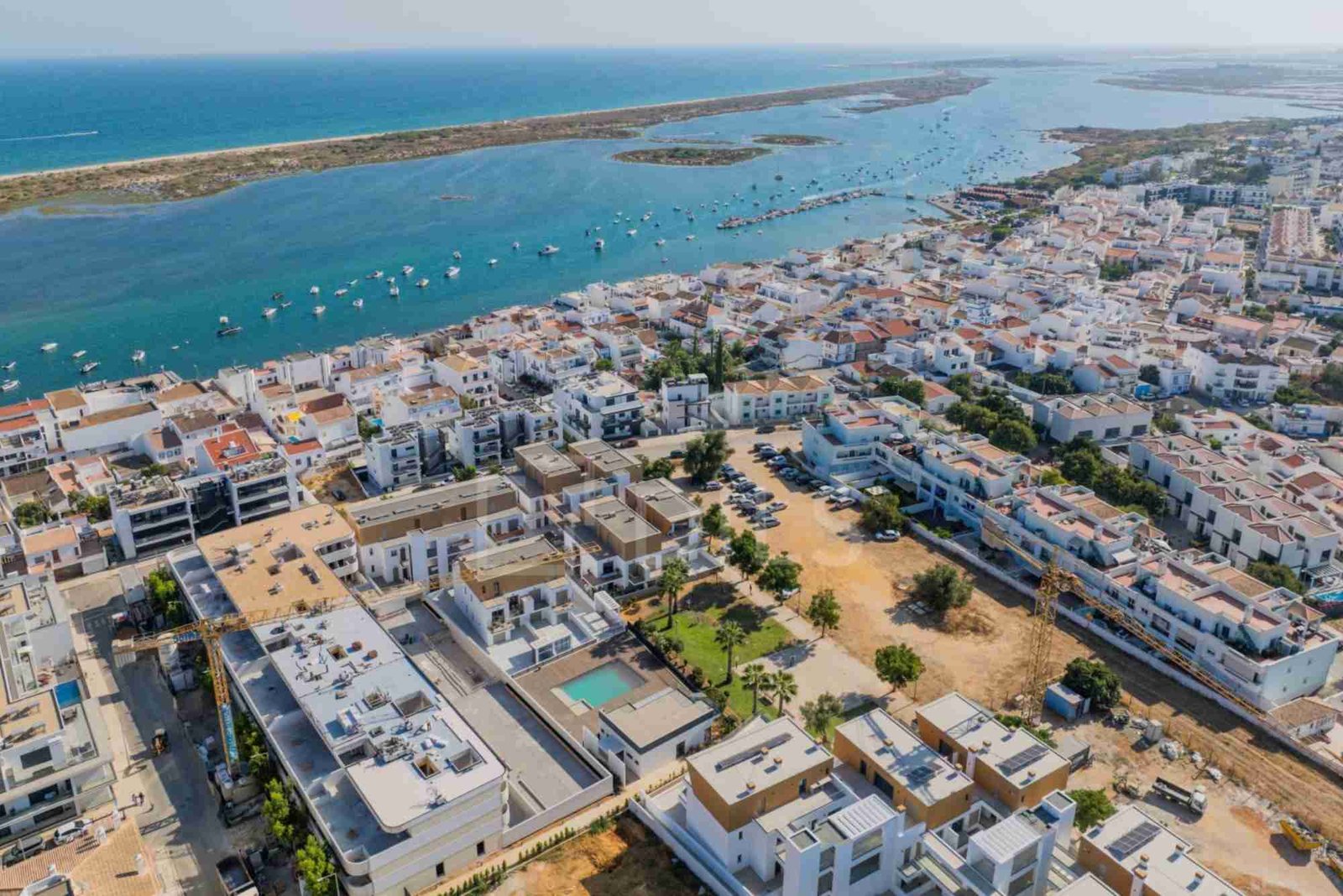Over the last decade, the technological transformation in Pakistan has largely centered around major cities like Lahore, Islamabad, and Karachi. But today, a new contender is emerging—Dhanote, a town in South Punjab, is fast becoming a symbol of localized digital empowerment. At the heart of this evolution is Dhanote IT Park, a bold initiative bridging rural potential with national innovation goals.
While many still ask if such regional ventures can hold their ground in the competitive tech space, early indicators suggest a compelling yes. This is no mere experiment—it’s a scalable, inclusive, and future-focused tech revolution.
Dhanote’s Emergence as a Strategic IT Hub in Pakistan
Once an overlooked town in South Punjab, Dhanote is now gaining national attention as a rapidly growing IT hub in Pakistan. Backed by initiatives like the Special Technology Zones Authority (STZA) and Ignite, Dhanote has seen the development of fiber-optic infrastructure, modern co-working spaces, and dedicated training centers. These advancements are not just technical upgrades—they represent a shift in regional economic direction, enabling local youth, women, and freelancers to actively participate in Pakistan’s digital economy. By aligning with universities in Multan and Bahawalpur, Dhanote is also building a sustainable talent pipeline for long-term innovation.
Local Impact of the IT Revolution in South Punjab
The establishment of tech zones in smaller towns like Dhanote shows how Pakistan’s digital future can be inclusive and decentralized. With Dhanote leading the way, other areas in South Punjab—such as Lodhran and Bahawalpur—are exploring similar models to support tech entrepreneurship and remote work.
This model not only reduces the urban-rural digital divide but also creates new income opportunities where none previously existed. As Dhanote continues to evolve into a powerful IT hub in Pakistan, its success offers a replicable blueprint for regional development driven by technology, community involvement, and strategic investment.
Government Initiatives Fueling Regional Tech Growth
Quick Answer: STZA, PITB, and Ignite are enabling tech ecosystems in smaller towns like Dhanote.
Government-led initiatives have played a pivotal role in setting the foundation for South Punjab’s digital leap:
Special Technology Zones Authority (STZA) approved zones in underserved regions.
Punjab Information Technology Board (PITB) launched tech training and freelance bootcamps.
Ignite funded youth innovation labs and startup support in South Punjab.
These programs don’t just provide infrastructure—they create sustainable ecosystems. With hubs now operational in Multan, Bahawalpur, and Dhanote, the goal is clear: decentralize digital opportunity.
“We aim to empower every corner of Pakistan with digital tools—not just big cities,” says a hypothetical Ignite CEO.
Why Dhanote? The Rise of a Local Innovation Ecosystem
Quick Answer: Dhanote offers strategic location, untapped talent, and growing infrastructure.
What makes Dhanote’s case special?
Proximity to Multan allows access to universities and tech graduates.
Lower operational costs attract startups and remote work centers.
Youth enthusiasm and local government support fuel long-term potential.
Dhanote is also bridging cultural conservatism with digital ambition—especially important in areas like Bahawalpur and Khanewal, where the digital gender gap is significant but shrinking due to such tech-focused centers.
Skill Development: Fueling Local Empowerment
Quick Answer: Programs in Dhanote train youth in freelancing, coding, and digital entrepreneurship.
With support from NAVTTC, Ignite, and private training partners, Dhanote now hosts several youth-focused digital skills programs:
Web & mobile app development
UI/UX design and WordPress training
E-commerce and Amazon VA support
Freelancing platforms training (Fiverr, Upwork)
These initiatives have already produced over 500 certified freelancers and several homegrown digital entrepreneurs.
Example: “Fatima Ali from Bahawalpur built her graphic design portfolio from a Dhanote lab and now earns $1,200/month on Fiverr.”
Infrastructure Investment in South Punjab’s Tech Zones
Quick Answer: Dhanote now has fiber internet, co-working spaces, and uninterrupted power.
To become a digital hub, infrastructure is non-negotiable. Here’s what’s been done in Dhanote:
Fiber-optic broadband connectivity
Smart classrooms and IT labs
Solar-powered co-working spaces
24/7 surveillance and security systems
With full backup power and satellite-linked systems, Dhanote ensures business continuity—a must for global clients and remote IT operations.
This infrastructure is modeled on successful components seen in Multan’s Tech Hub, scaled appropriately for a smaller population and budget.
Role of Dhanote IT Park in Driving Regional Tech Jobs
Quick Answer: Dhanote IT Park provides workspace, mentorship, and startup incubation for youth.
Located in the heart of Dhanote town, the Dhanote IT Park is not just a building—it’s a strategy in action. Here’s what it includes:
20+ office suites for startups and SMEs
Incubation units and innovation labs
Business mentorship sessions every quarter
Women-focused co-working and daycare
The park has helped launch over 15 startups, with a combined monthly revenue exceeding PKR 3 million. These include mobile app agencies, SEO firms, and a blockchain consultancy—started by graduates of Multan’s BZU.
Women in Tech: Empowering Female Entrepreneurs
Quick Answer: Dhanote programs are removing barriers for women in digital professions.
Traditionally, South Punjab’s conservative culture has limited women’s career options. But digital workspaces like Dhanote IT Park now offer:
Women-only training cohorts
Flexible hours for remote work
Online classes for mothers
Startups led by female coders and designers
“Digital inclusion is reshaping gender norms in places like Dhanote,” notes a regional Ignite coordinator.
Case studies from Bahawalpur show how women have opened Etsy shops, freelance profiles, and digital boutiques—without ever leaving home.
South Punjab’s Freelancing Boom
Quick Answer: South Punjab contributes millions in freelance exports, thanks to new IT training hubs.
According to PSEB (Pakistan Software Export Board):
South Punjab’s freelance earnings topped $65 million in 2023
Dhanote alone contributed nearly PKR 250 million
Top sectors: Design, software dev, data entry, content writing
These numbers reflect Pakistan’s broader gig economy expansion and how towns like Dhanote are no longer bystanders—they’re exporting services globally, creating dollar inflows in rural districts.
University Partnerships and Talent Pipelines
Quick Answer: Dhanote connects with Multan’s universities for research, internships, and talent access.
The success of any tech park depends on talent. Dhanote collaborates with:
BZU Multan for software engineering interns
IUB Bahawalpur for innovation projects and workshops
TEVTA for technical diploma holders in IT
These connections ensure that Dhanote isn’t isolated—it’s part of a larger educational and innovation network across South Punjab.
Students now participate in Dhanote-based hackathons and startup pitch events, which were once limited to Lahore or Islamabad.
Can Dhanote Be a Scalable Model for Rural Tech Zones?
Quick Answer: With proper policy support, Dhanote can be replicated across Pakistan.
The Dhanote model demonstrates how micro-tech ecosystems can work. Key factors for scalability:
Low-cost land and high youth density
Community buy-in and local champions
Government-private collaboration
Already, areas like Vehari and Lodhran are exploring similar tech parks using Dhanote’s blueprint. This makes it a policy case study for decentralizing Pakistan’s digital economy beyond provincial capitals.
FAQs
1. What is the purpose of Dhanote IT Park?
To create jobs, enable startups, and develop digital infrastructure in Dhanote and surrounding regions.
2. Is Dhanote IT Park only for residents of Dhanote?
No. It welcomes tech enthusiasts from across Multan, Bahawalpur, and broader South Punjab.
3. Does the government support Dhanote IT Park?
Yes. The park benefits from STZA, Ignite, and PITB-backed digital initiatives.
4. Can women join training programs at the park?
Absolutely. Special programs are tailored for women, including flexible schedules and remote learning.
5. What kinds of jobs are available through Dhanote IT Park?
Freelancing, software development, digital marketing, virtual assistance, and e-commerce.
6. How is internet access in Dhanote for digital work?
High-speed fiber-optic internet is now available in the town and surrounding areas.
7. Is there any link between universities and the tech park?
Yes. Regular talent exchange and internships are coordinated with universities in Multan and Bahawalpur.
Final Thought
As someone who grew up in South Punjab, I’ve seen how access to education was always the first battle. Now, access to technology is the next frontier—and Dhanote is leading the charge.
It’s more than a tech park—it’s a hope factory, where young people write code instead of job applications, where women open virtual shops instead of waiting for opportunity, and where rural doesn’t mean behind anymore.
If Pakistan is to truly fulfill its “Digital Pakistan” vision, it must continue investing in inclusive and decentralized digital models like Dhanote IT Park—because the future doesn’t belong only to cities.












